Sync licensing can be one of the most lucrative and sustainable income streams for artists. When we use the term music sync, we are essentially referring to the use of a piece of music in conjunction with moving images. This could be a TV show, advert, movie or any other example of a piece of recorded music played alongside (or synchronised with) moving footage. This is where music sync agencies and sync agents come in.
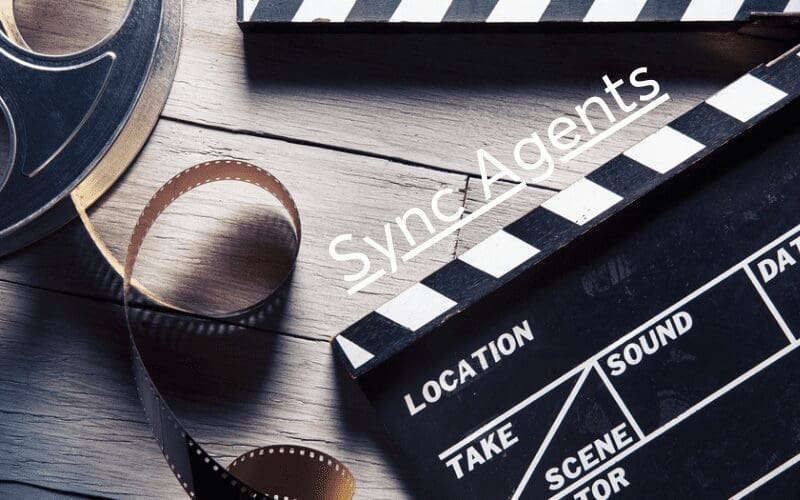
Although there are sometimes up-front fees associated with sync opportunities, the real benefit for artists is in the royalties (especially if you write your own songs). As the song is your intellectual property, you are entitled to royalties every time that someone uses your song.
But how are these syncs achieved? In this article, we will discuss everything from what Sync Agents are to what they do. We will also take a look at the best in the music industry. Stay tuned to find the best Sync Licensing Agency for you.
What Are Sync Agents?
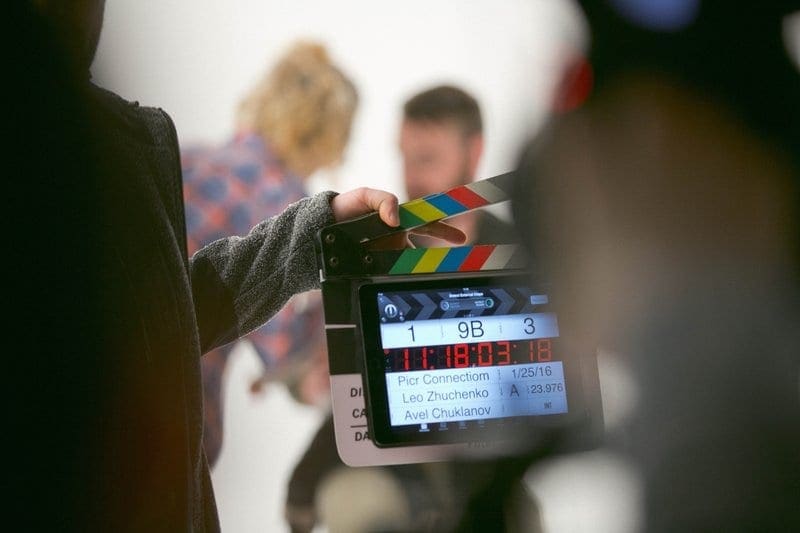
Sync agents are music sync companies that aim to connect producers of visual media with artists.
Sync agents will represent your music and secure you a synchronisation license. This entails pitching [the track/s] to the clients of music supervisors, of which they will often have many that they’ve built relationships with over the years. A sync agent’s sole purpose is to help get your music placed.
Often, in return, they’ll take a % of the sync fee. There will undoubtedly be many artists and songwriters that lack the time to do this themselves but wish to stay independent and keep all of their copyrights. Sync agents can be a great way to secure a sync licensing agreement.
What Do Sync Agents Do?
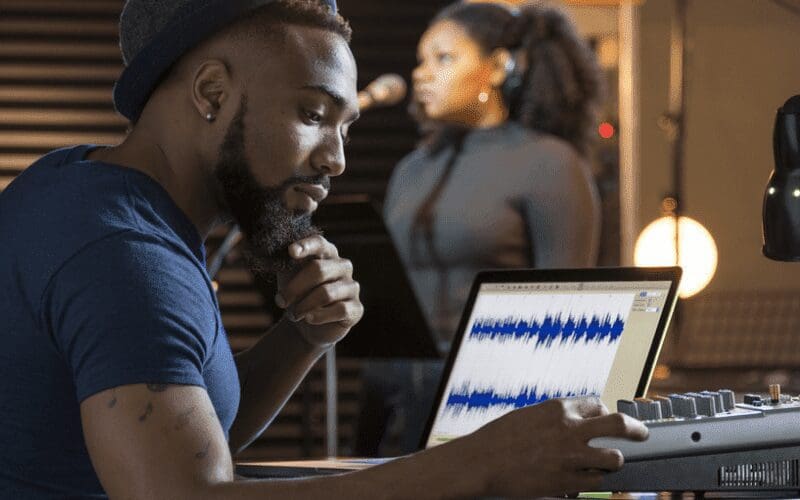
There are quite a few different music sync agencies out there and they all have slightly different ways of working.
Generally speaking, they fall into two main camps:
- Music Libraries
- Sync Agents
We go into these in more detail below.
Music Libraries
Music Libraries are large collections of recordings that form a catalogue where producers of visual media can search for the kind of thing they are looking for and incorporate that into whatever they are working on.
These tend to operate best with instrumental music that can be looped and generally the music they are looking for is blander. The modern equivalent to elevator music if you like! These are often used for things like corporate videos.
Financially, this tends to be a pay-as-you-go kind of model where a flat fee covers the cost for using the music so this is generally less lucrative than TV or movie syncs.
Sync Agents
Sync agents tend to have a slightly more creative role. They work with filmmakers, TV producers, and marketing/brand agencies to find the perfect song to fit the requirement from an artistic perspective.
This could be something like Lord Huron’s beautiful song “The Night We Met” playing during a key scene in Netflix’s 13 Reasons Why. Or perhaps it could be John Lewis using Gabrielle Aplin’s cover of “The Power of Love” for their Christmas advert.
The difficulty for visual media producers is that there is just so much music out there to choose from, and they are often also looking for something a little more unique.
A sync agency, therefore, provides a really invaluable role by understanding the requirements of the producer and then working with their artists to find the best recording to fit that requirement.
Benefits Of Sync
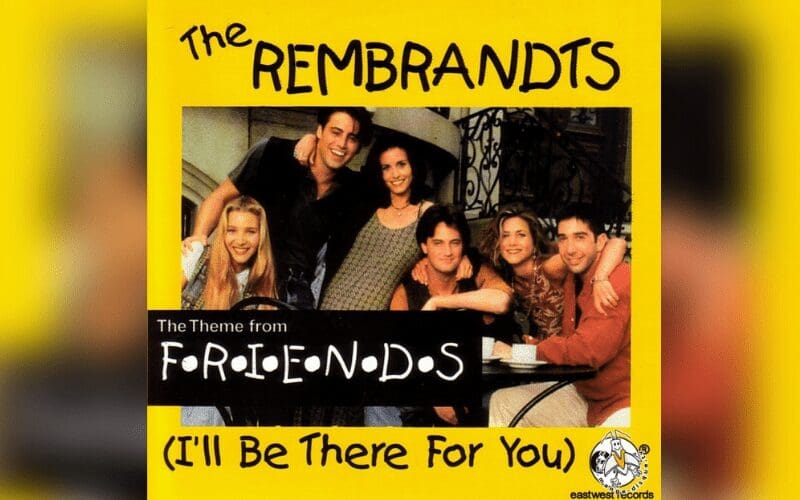
The great thing about sync, especially if you have your song synced to a movie or TV show that is released in multiple countries across multiple platforms, is that you can receive quite lucrative ongoing royalties for a long period of time.
For artists like The Rembrandts who wrote the Friends title theme “I’ll be there for you”, this has led to millions of dollars in royalties that are still coming in 17 years after the show finished in 2004.
Of course, the other benefit of a decent sync is the exposure. The Rembrandts went to Number 1 in 18 countries. Additionally, Imogen Heap’s song ‘Hide and Seek’ was synced to a particularly high drama moment in The OC. Another example is Sufjan Stevens, whose song ‘Chicago’ was used as the title sequence for Netflix’s The Politician.
All the aforementioned artists reaped the benefits of additional exposure and a growing fanbase due to key syncs during their careers.
The Top Sync Agents
Now that we have covered what sync agents do, let’s take a look at 7 of the best music sync agencies! Starting with us here, at Мusic Gateway.
1. Мusic Gateway
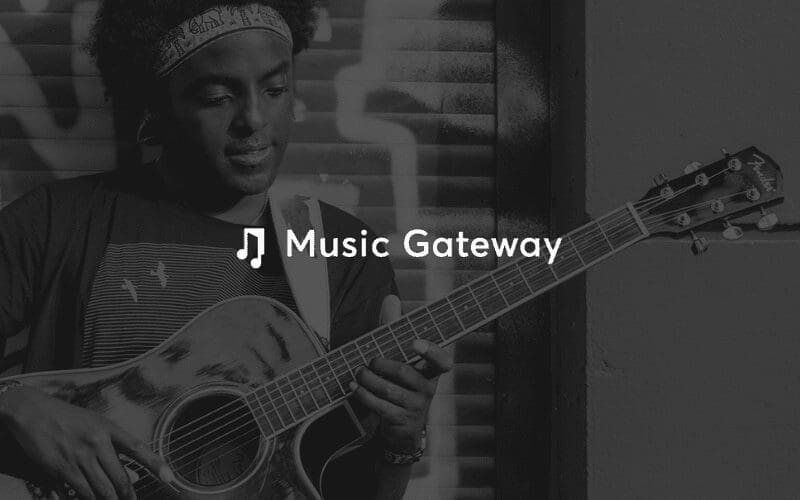
Мusic Gateway has a really robust offering. Members have an account where they can upload their songs and all of the rights ownership details to the portal. Then opportunities are listed on the website and members can pitch their songs if they feel they have a good fit.
Мusic Gateway’s staff then curate the submissions into a final pitch to the visual media producer. This approach has been very successful with the likes of Netflix, the BBC, ITV, Dreamworks, Disney, 21st Century Fox, Sony Pictures, and Universal.
Мusic Gateway has a very transparent method of operating and what’s really nice is that the costs are well managed. There is a cut of any sync fee and monthly membership. But crucially there is no limit to how many opportunities or songs you can pitch or a per-song, per-pitch fee that some of the other sync agents have.
In addition to sync opportunities that artists pitch for, they also have a sync team that pitch members’ work to specific opportunities. This is only if they feel it is a good fit.
Мusic Gateway also has a number of other really great services that they offer their members including submission to Record Label A&R. This is both for artists looking for deals and for songwriters looking to place their songs with artists.
They also offer free digital music distribution (yep, you read that correctly – free!). Additionally, they offer Music Management, Artist Promotion, Career Development, Mastering, and Artist Sites. This is where artists can build an online showcase of themselves.
2. Taxi
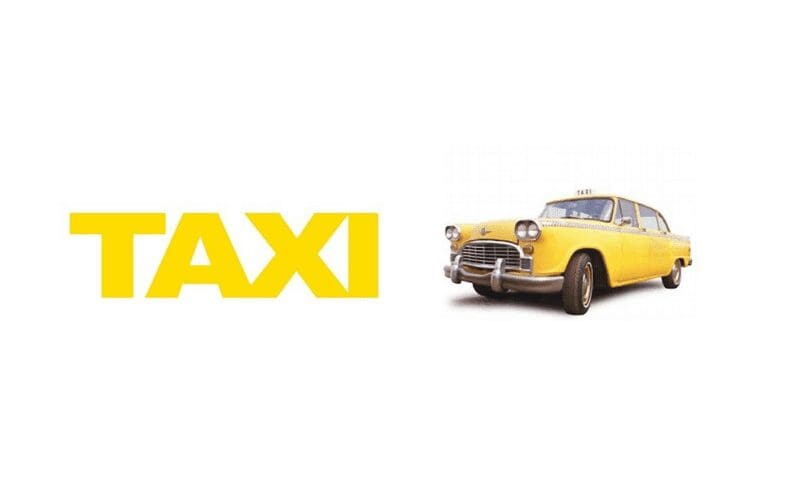
Taxi is one of the better-known music sync agencies. They were certainly one of the first to market having started business in 1992. Based in Los Angeles, their offering is centred around their relationships with some of the big studios.
They gather opportunities for sync from these studios and then allow their members to pitch on those opportunities. Then they generate a shortlist and pitch that back to the studios.
This is effectively turning unsolicited material into solicited material that actually stands a chance of finding its way into a sync placement. They have good relationships and success stories with the likes of ABC, MTV, Fox, CBS, etc.
Taxi is slightly more on the expensive side with an annual membership costs $299.95. But what really stings is the $5 submission fee for each song you submit. This is designed to make sure that Taxi members-only submit relevant songs to the opportunities.
However, for an artist, it feels more like a way for Taxi to squeeze more revenues out of their membership. It is for this reason that we don’t recommend using them.
They also have a free member convention each year where there are industry speakers and networking opportunities. This can be useful and a lot of fun. But, of course, it’s only really relevant to those who are able to travel to the event and so far they haven’t done much in the way of digitizing it and making the content available globally.
3. Music Vine
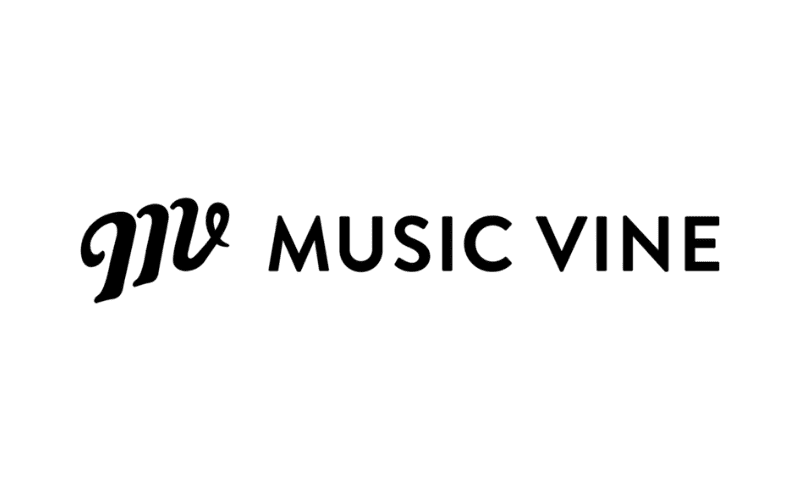
Music Vine is a music sync agency based in the UK. Their core offering is the quality of service they provide to filmmakers. Filmmakers sign up for a monthly fee or a per-use fee.
Music Vine have spent a lot of time ensuring that their platform is incredibly easy to search and use. This ensures filmmakers are able to find those special songs that will work for their project.
Music Vine doesn’t charge artists to represent them for sync. However, they do have a partial exclusivity requirement which is that at least 50% of your Vine portfolio should be exclusive to Vine. This is to help them ensure that their music library is unique and full of high-quality music.
The rates are quite transparent. They are 60% for exclusive music and 35% for non-exclusive music. One thing to note here is that Music Vine is not currently set up to support ongoing PRO (Performance Rights Organisation) royalties. This means the artist cuts mentioned above are the cuts of the individual license agreement.
The artist will need to do some work in the background to make sure any other applicable royalties are collected. This is something Music Vine are working on, so they could resolve it in the near future.
The good thing about Music Vine is that the quality is very high. They have a pretty rigorous reviewing process where 2 team members grade music on overall production quality, musicianship, cohesiveness of arrangement, quality of instruments and samples, emotiveness and commercial relevance.
This means that for accepted music, there is a good chance they will use it and there will be some sync output from it.
4. Music Bed
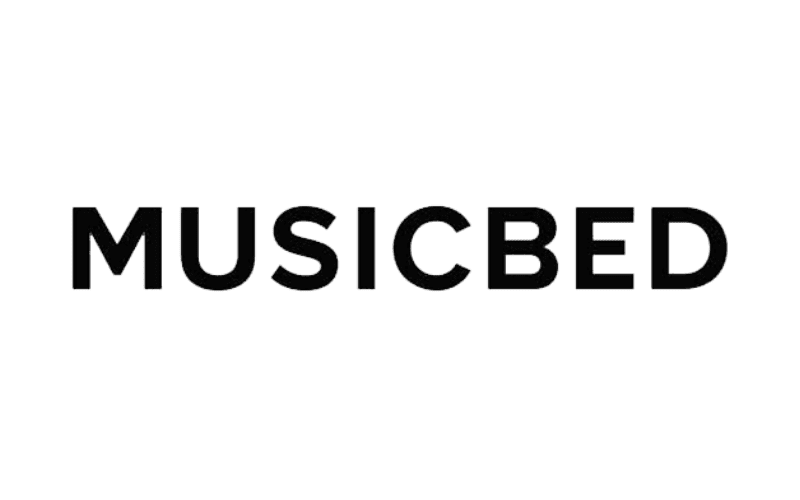
Like Music Vine, Music Bed is a music library that allows filmmakers the opportunity to search for specific types of music to fit a certain mood or character.
This music sync agency have dedicated playlists on their website such as ‘Intense Cinematic’ and ‘Party Pop’. This is a place producers can discover new songs and artists for their project. Additionally, they can search via specific lyrical content or instruments.
Music Bed has had some really good success with placements in ads for the likes of Converse, Zoom, Samsung, Bentley, and Nike and TV placements on Netflix and Discovery.
Music Bed also offers custom soundtracks from their artists and music supervision. So, for filmmakers, it can be a very consultative approach which is really good for artists.
However, Music Bed are very selective about who they work with so getting to work with them could be difficult. They are currently not seeking unsolicited submissions but you can sign up to be notified when these open back up.
5. Marmoset
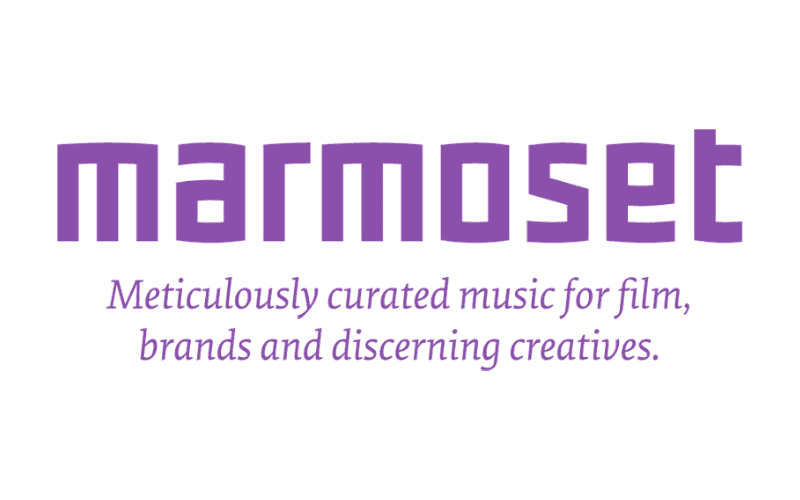
Marmoset offers a range of services as a music sync agency. In addition to licensing recordings for visual media, they also work directly with producers to create bespoke music for projects. These projects have led to some excellent placements with companies such as Adidas, Domino’s Pizza, AirBnB and Netflix.
Marmoset’s unique selling point is the music they have. They work with up-and-coming artists and have built a catalogue of exciting new talent. This makes their library very unique and compelling.
You can submit music for sync licensing to Marmoset directly via their website. They typically cultivate their own composers within the Marmoset studio set up in Portland, Oregon. They do sometimes work with other composers so there is an opportunity there as well.
6. Jingle Punks
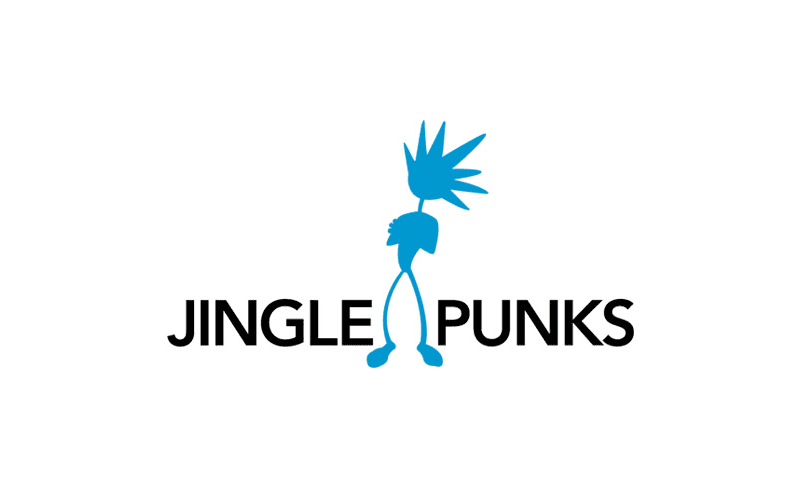
Jingle Punks is a really cool company that has built a reputation for creating high-quality bespoke music for use in film, TV, and ads and turning around projects very quickly. They have won multiple awards and worked with companies such as Pepsi, HBO, and ABC.
Since their inception in 2008, their catalogue of music has grown to nearly 500k songs. They now have offices in LA, New York, Toronto and London.
The financial arrangement is pretty straightforward. All royalties (both in the back end and the upfront sync fee) are split 50/50. Jingle Punks work on an exclusive basis so any music submitted to them can only be used for projects for their clients. This is reviewed on an annual basis and can be canceled if requested.
7. Music Xray
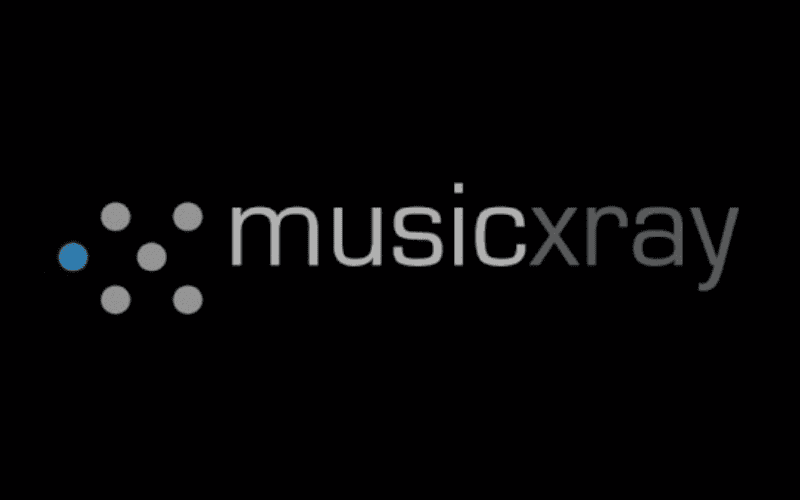
Music Xray is one of the old guard of online sync agents and their website certainly feels pretty out of date. However, the site is active and they refresh opportunities regularly.
In a nutshell, the process is that an industry professional creates an ad for an opportunity. This could be a music supervisor for a film looking for a specific kind of song to play over the credits. Or perhaps it could be a record label looking to sign a specific kind of artist.
Alternatively, it could be a publishing house looking to build its catalogue in a certain genre. Musicians can then browse the opportunities and when they see one they think their music would be suitable for, they can pitch their songs.
Music Xray’s main features include it’s S20 Sonic Matching Opportunity service which is where their algorithm listens to artists music and automatically matches it to opportunities that artists can pitch to.
So when artists log in to view available opportunities, they can navigate straight to opportunities that are relevant to them and their music.
Music Xray music, unlike some music sync agencies is free to join and there are no monthly fees. They also don’t take any commission from deals done via the platform. So, for artists, it can be a really lucrative arrangement if they are successful in a deal. There is a per-pitch cost for most opportunities and this is where Music Xray makes their money.
That Was Our Guide On The Top Sync Agents
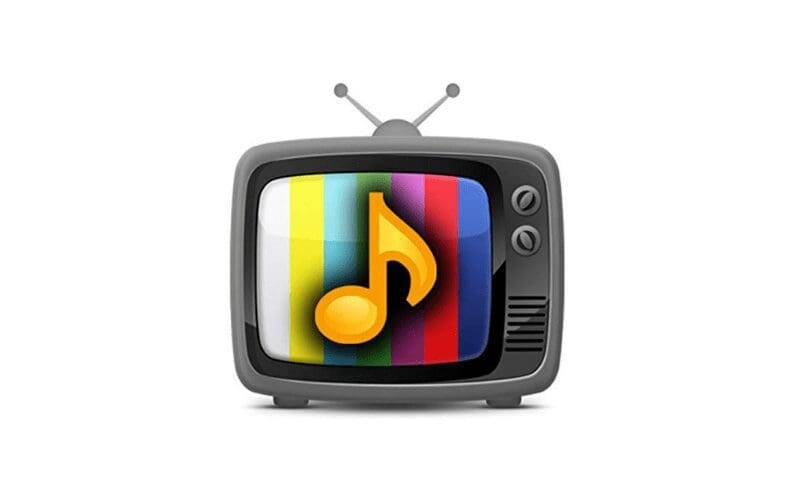
The opportunities afforded by sync licensing are vast and it is often an under-utilised tool for artists. Working with decent music sync agencies can really make the difference in placing your music and moving forward in your career. We think Мusic Gateway is the best of the music licensing companies, but of course, we are biased!
Мusic Gateway have a lot of opportunities that they regularly refresh. We also have a really broad spectrum of additional services which can allow artists to grow in their career. Additionally, artists can benefit from feedback and advice from people in the industry. It is also reasonably priced compared to its competitors and doesn’t have a per-pitch fee like a lot of the other sync agencies do.
The big thing to note about sync is that it is incredibly slow-moving and competitive. This means it can take a lot of time to land a sync. Or perhaps even longer to actually start receiving the royalties from the PRO’s. This is due to the way PROs calculate and assign royalties.
So, the key thing is to keep making great music of a high production quality and submitting it for opportunities. And make sure all of your royalty information is correct and documented. This so when you do land a sync, you can collect your royalties!
We hope that you enjoyed this article! Whilst you’re here, why not check out some more guide on our blog? We have articles such as What Are Music Licensing Fees, a Beginner’s Guide To Sync Licensing, What Are Royalties In Music? and so much more!









